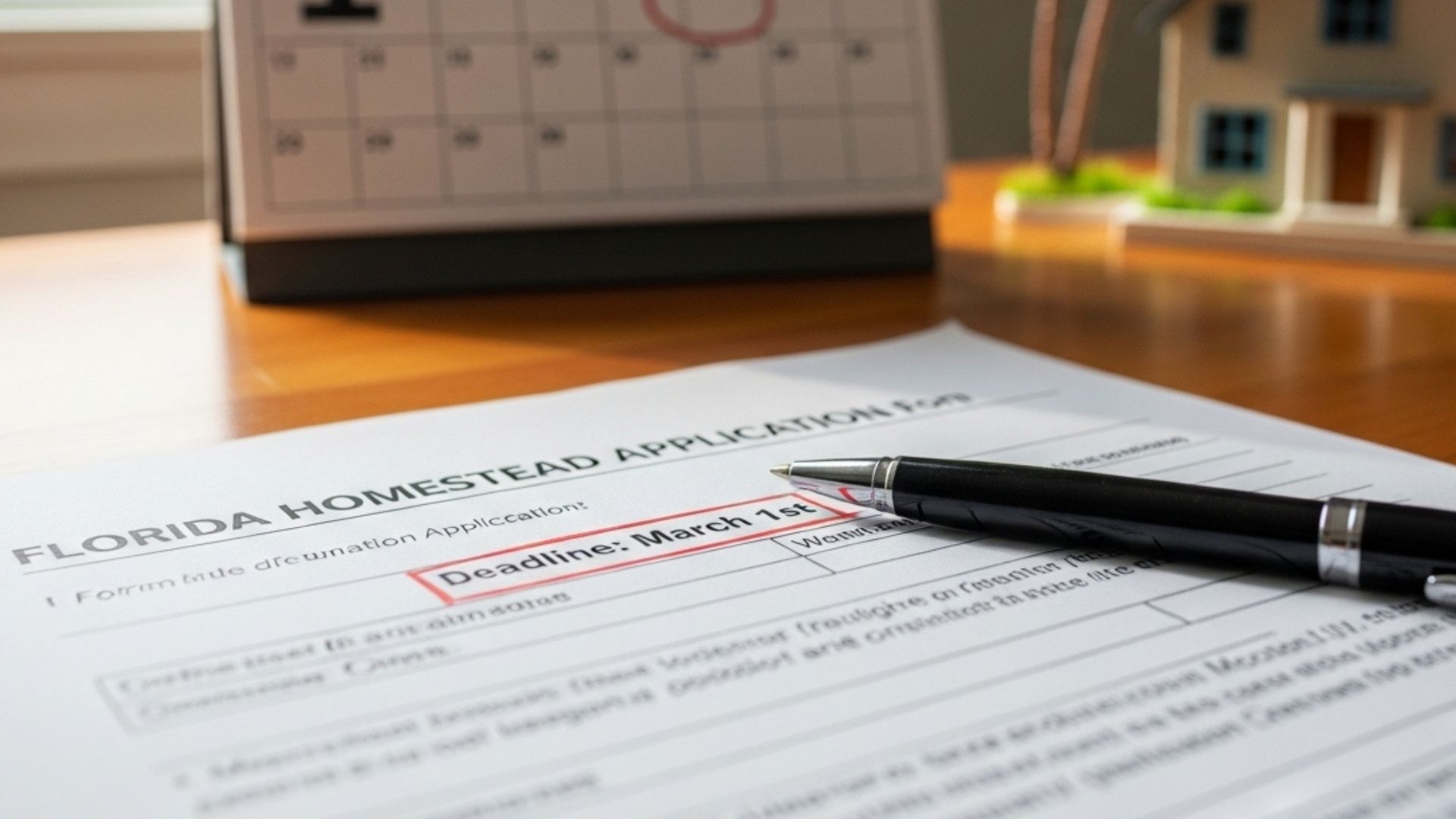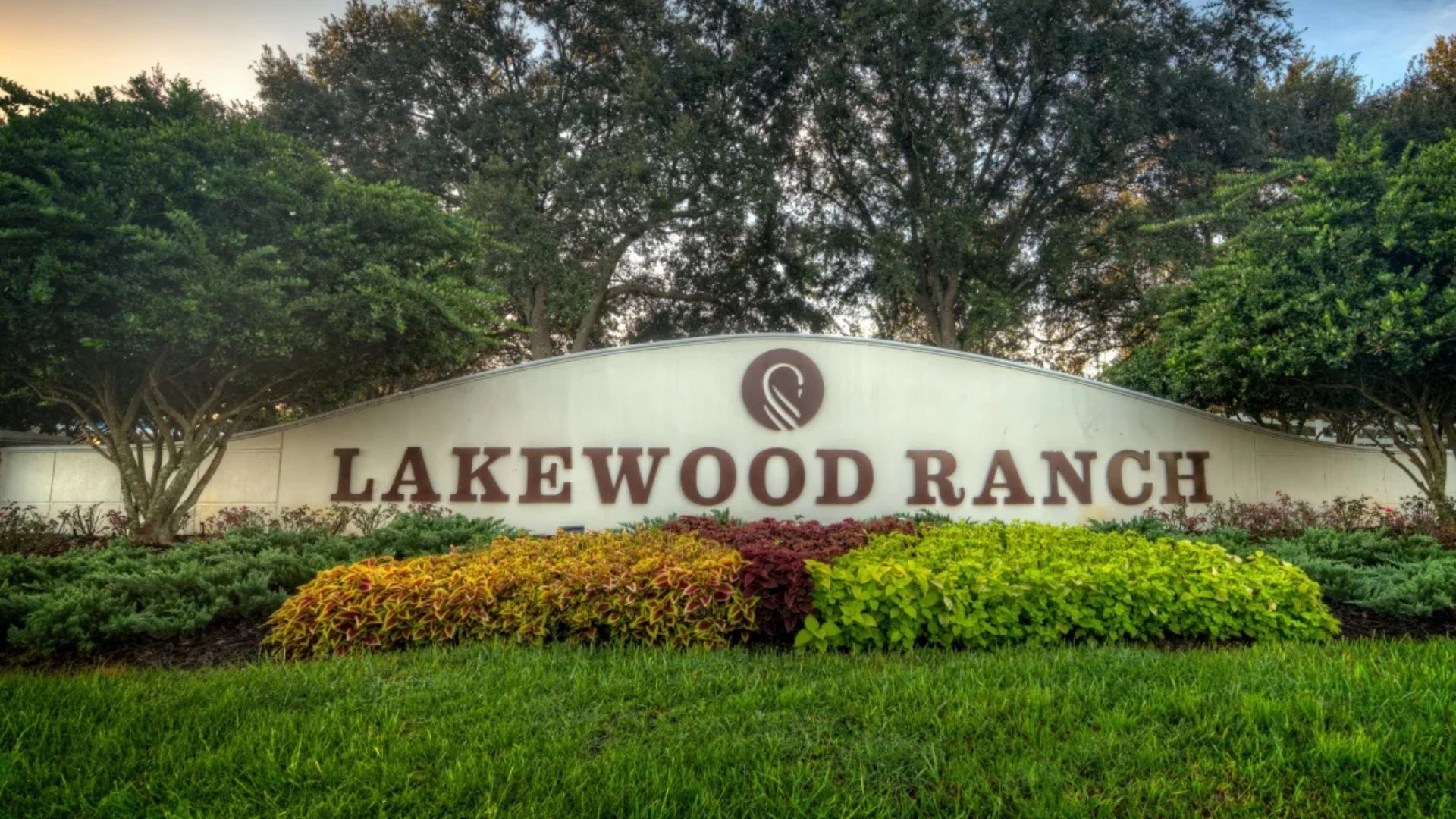
What Is the Real Estate Closing Process
The closing process is the final stage of a real estate transaction where ownership officially transfers from the seller to the buyer. It involves multiple steps, legal documents, and coordination between realtors, lenders, title companies, and attorneys. Understanding each phase helps buyers and sellers avoid last minute surprises and ensures a smooth and successful closing experience.
Step 1: Offer Acceptance and Contract Execution
The process begins once the buyer’s offer is accepted and both parties sign a purchase agreement. In Florida, the most common document used is the FAR BAR Residential Contract for Sale and Purchase. This contract outlines the purchase price, deposit amount, financing terms, inspection timelines, and the closing date. Once signed, the agreement becomes legally binding, and the countdown to closing begins.
Step 2: Opening Escrow and Title Order
After the contract is signed, the buyer’s earnest money deposit is delivered to the title company or attorney handling the closing. The title company then opens an order for title work and begins the process of verifying the property’s ownership history. This ensures there are no liens, unpaid taxes, or claims that could affect the buyer’s ability to take clear ownership.
Step 3: Title Search and Title Insurance
The title company conducts a detailed title search by reviewing county property records, deeds, mortgages, and court judgments. Any issues must be cleared before the transaction can close. Title insurance is then offered to protect the buyer and lender from potential title defects or undiscovered claims in the future. At Barnes Walker, our team performs in depth title reviews to ensure that every closing is protected and compliant with Florida law.
Step 4: Inspections and Appraisal
Most buyers schedule a professional home inspection to evaluate the condition of the property. This step helps uncover any hidden defects or maintenance issues that could affect the value or safety of the home. If financing is involved, the lender will also order an appraisal to confirm the property’s market value matches or exceeds the purchase price. Any issues found may lead to renegotiations or required repairs before closing.
Step 5: Loan Underwriting and Final Approval
Once inspections and appraisals are complete, the lender’s underwriting team reviews the buyer’s financial documents, employment history, and credit profile. They also confirm that the property meets all lending guidelines. Once the underwriter is satisfied, a “clear to close” is issued, which means the loan is fully approved and ready for funding.
Step 6: Preparing the Closing Disclosure
Federal law requires that buyers receive a Closing Disclosure at least three business days before closing. This document lists all loan terms, costs, fees, taxes, and insurance associated with the purchase. It also includes the final amount the buyer needs to bring to closing. Reviewing this disclosure carefully ensures that there are no errors or unexpected expenses before signing day.
Step 7: The Final Walkthrough
Usually conducted within 24 hours of closing, the final walkthrough allows the buyer to verify that the property is in the same condition as when they made their offer. It also confirms that any agreed upon repairs have been completed and that all fixtures and appliances are still in place. This is the buyer’s last chance to identify any issues before the closing appointment.
Step 8: The Closing Appointment
On closing day, all parties meet (either in person or virtually) to sign the necessary documents. The seller signs the deed transferring ownership to the buyer, while the buyer signs mortgage documents and the loan note. The title company or attorney ensures that funds are properly distributed, payoffs are completed, and all legal requirements are satisfied. Once the paperwork is finalized, the transaction is complete.
Step 9: Recording and Delivery of Keys
After closing, the title company records the new deed and mortgage in the county’s public records. Once this recording is complete, the buyer officially becomes the property’s new legal owner. The keys are delivered, and the buyer can take possession of their new home. Copies of the recorded documents and title policy are then sent to all parties for their records.
How Barnes Walker Can Help
At Barnes Walker, our real estate attorneys and title professionals manage every step of the closing process with precision and care. From reviewing contracts and clearing title issues to preparing accurate settlement statements, we help ensure your closing is smooth, compliant, and stress free. Whether you are buying your first home or managing an investment portfolio, our team provides the guidance and protection you need for complete confidence at closing.
Ready to close with confidence? Contact Barnes Walker today to learn how our experienced title and real estate law professionals can help you navigate every stage of your next transaction.
Sources
Trust • Experience • Results
Ready to Get Started?
Get started with Barnes Walker today.














